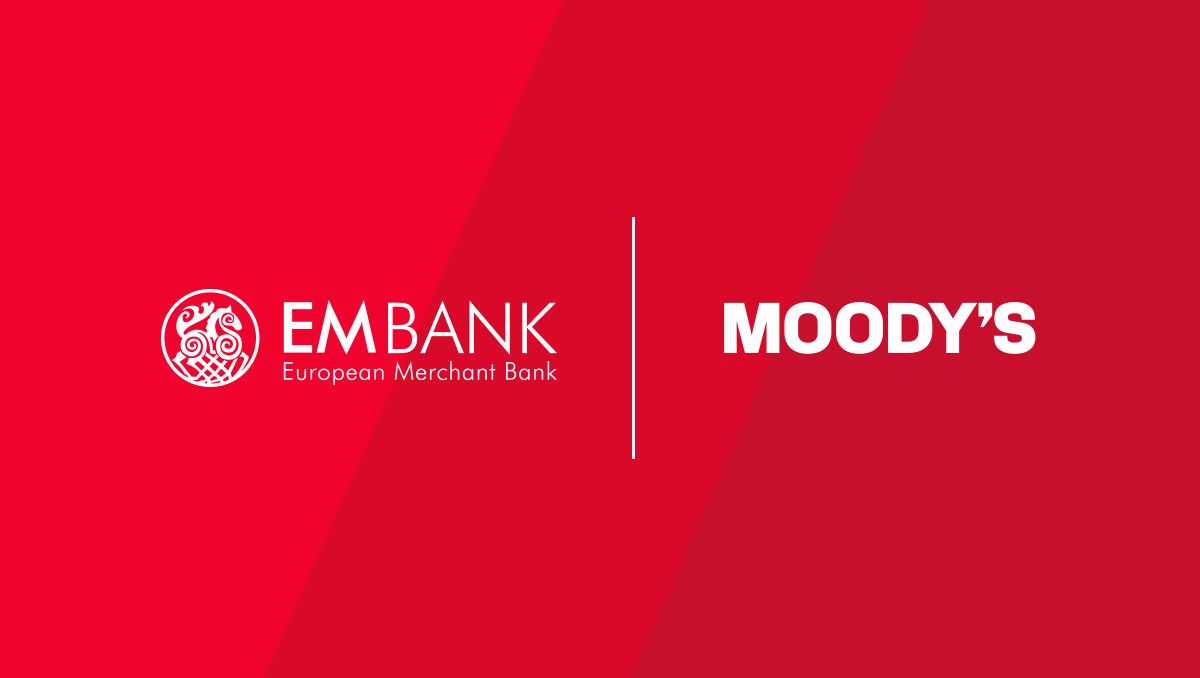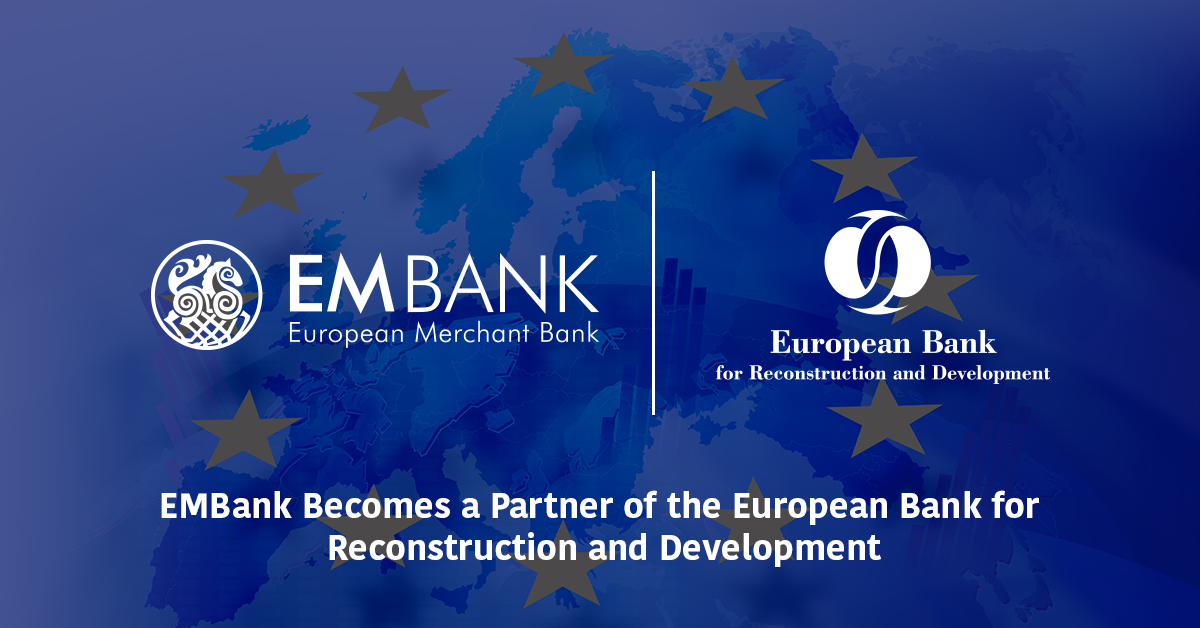Lithuania outperformed all other EU countries in one category in this year’s Eurostat Digital Technology Report. Lithuania emerged as the leading performer in the e-commerce sector.
Digital technologies are transforming the world we live and work in. Sarp Demiray, the CEO of European Merchant Bank (EMBank), a leading provider of financial technology solutions, says that technology encompasses many different aspects of our lives, from everyday activities such as making phone calls and shopping to how businesses and public services operate. According to Mr Demiray, this indicates how open Lithuania is to technological innovation, which sends a strong signal to business.
Lithuania has outperformed the Scandinavians
The 2024 report highlights at least one area where Europe can match Lithuania’s performance. Lithuania has the highest share of online businesses of any EU country (39%). Lithuania is now ahead of Sweden (38%) and Denmark (37%), while Romania and Luxembourg have the lowest e-commerce preferences (13% each).
“It’s always exciting when Lithuania leads the EU in a positive indicator. This result can be viewed in at least two aspects. The first demonstrates that Lithuanian businesses are technologically active, introducing new digital solutions and thus attracting customers’ attention. Lithuania has e-commerce giants that successfully provide services abroad, which is challenging without an innovative concept or a user-friendly tool. The second section illustrates that customers value services that can be accessed from the convenience of their residences. As the saying goes, when there is demand, there is supply, so this result is partly driven by customers’ needs,” says the CEO of EMBank.
According to Mr. Demiray, a comparable trend is observed in the banking sector. Customers increasingly value functional banking apps, prefer remote consultations, and those seeking loans fill out their information online.
“We are constantly searching for the most modern solutions to help save our customers’ time. With fintech partners, we can feel that we are ahead of the game regarding technology,” notes Demiray.
One-fifth of EU turnover comes from eCommerce
The e-commerce market has increased by 10% over 10 years. While only 16% of businesses were e-commerce providers in 2013, 23% of such companies were recorded last year.
The statistics have shown that the proportion of large enterprises engaged in e-commerce was significantly higher (46%) than that of small and medium-sized enterprises (22%). E-commerce accounted for 18% of total EU turnover last year.
The CEO of EMBank is convinced that e-commerce will only continue to grow. “During the pandemic, we discovered that businesses can reorient themselves rapidly and start providing services online. However, acquiring certain goods is a ritual, and people still prefer to buy what they have felt and seen in reality. Nevertheless, one should not ignore the fact that maintaining a physical store is becoming increasingly challenging. This is sometimes evidenced by the differences between the same products online and in a physical store,” says Demiray.
Clothing is gaining popularity
Eurostat data shows e-commerce was the most popular in the EU last year among 16–24-year-olds (82%). Around 78% of 25–64-year-olds and more than half (52%) of 65–74-year-olds opted for e-commerce.
As many as 70% of consumers across the EU purchased clothing, footwear or accessories online last year. These purchases were almost twice as popular as tickets to cultural or other events (36%) or streaming films and TV series (35%).
One of every three buyers used the website or app to rent a property or purchase a transport service. Around 30% of EU citizens have ordered food for delivery to their homes via an online shop.
What did Lithuanians buy on the internet?
While most Lithuanians chose clothing and footwear in e-shops last year (64.8%), this was below the EU average. The second most popular purchase segment is transport services. One out of every two e-shoppers purchased these services. Also, at least one-third of customers eagerly searched for cosmetic products.
The least popular product in online shops is streaming movies, series, and other programmes. Only around 16.5% of Lithuanians were interested in this segment. Only Poles (16.4%) and Bulgarians (7.5%) were less enticed to streaming content than Lithuanians.




